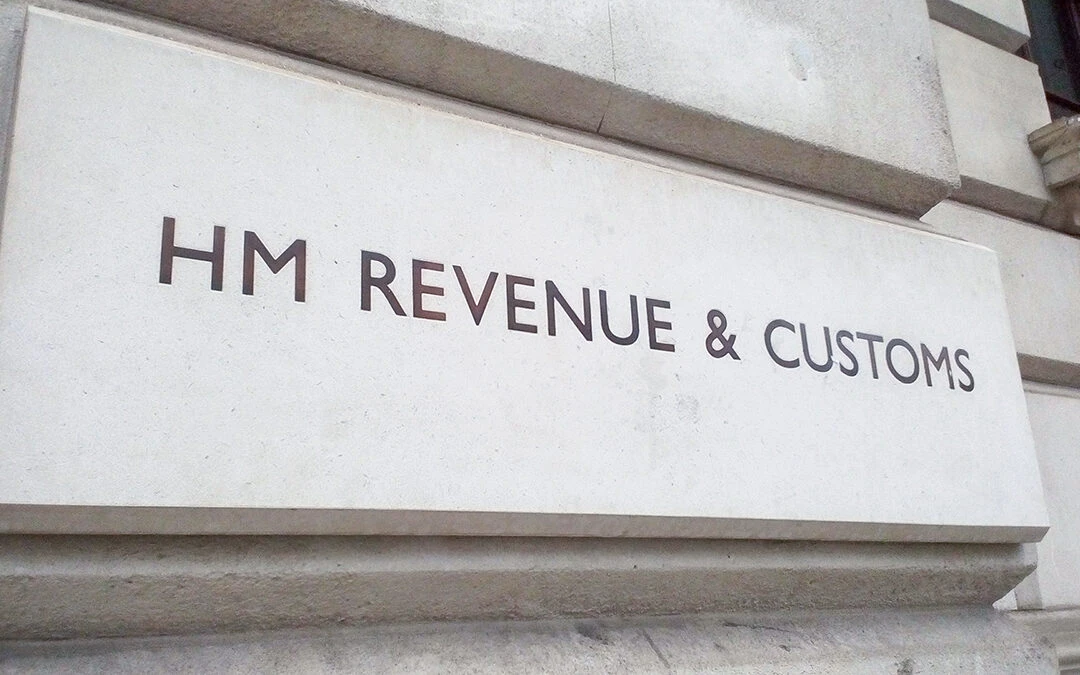
The Treasury has published a policy-paper, inviting businesses to give their views on how the current capital allowance regime could be changed to facilitate investment more effectively. Through doing this, The Treasury is hoping to understand how the investment decisions made by businesses are shaped by the existing policies.
- Some of the potential changes being considered include:
- increasing the permanent level of the annual investment allowance;
- increasing the rates of writing down allowances (WDAs);
- introducing general first-year allowances (FYAs) for qualifying expenditure on plant and machinery;
- introducing an further FYA, allowing both a percentage (eg, 20%) of qualifying expenditure to be claimed in the year the expenditure is incurred, along with 100% of that expenditure still being available to be pooled with WDAs claimed in the normal way; and
- introducing permanent full expensing.
Additionally, the Treasury outlines three areas of interest:
- Investment decisions
The way in which businesses make investment decisions and the relative importance of capital allowances in the making of these decisions
- Super deduction
I what way has the super-deduction affected the decision-making of companies ahead of it ending in 2023?
- Existing capital allowance system
What further support could the capital allowances regime offer to businesses in their investment?
In the press release which accompanied this consultation, The Treasury shows that, according to OECD data, companies are investing just 10% of GDP per year, where companies are investing 14% in competitor countries. It acknowledges that the tax system in the UK rewards investment far less than other countries do. The balancing act required will be to enhance the rate of investment through incentives while ensuring that any measures put in place are efficient for the taxpayer.
It has been accepted by The Treasury that the UK’s permanent regime for capital allowance is not up to par with international peers. It is hoping to boost the productivity of the country by encouraging and incentivising greater capital investment. This is in line with the government’s belief that to improve living standards and ‘level-up’ the country, there is a need for stronger growth in productivity and investment.
